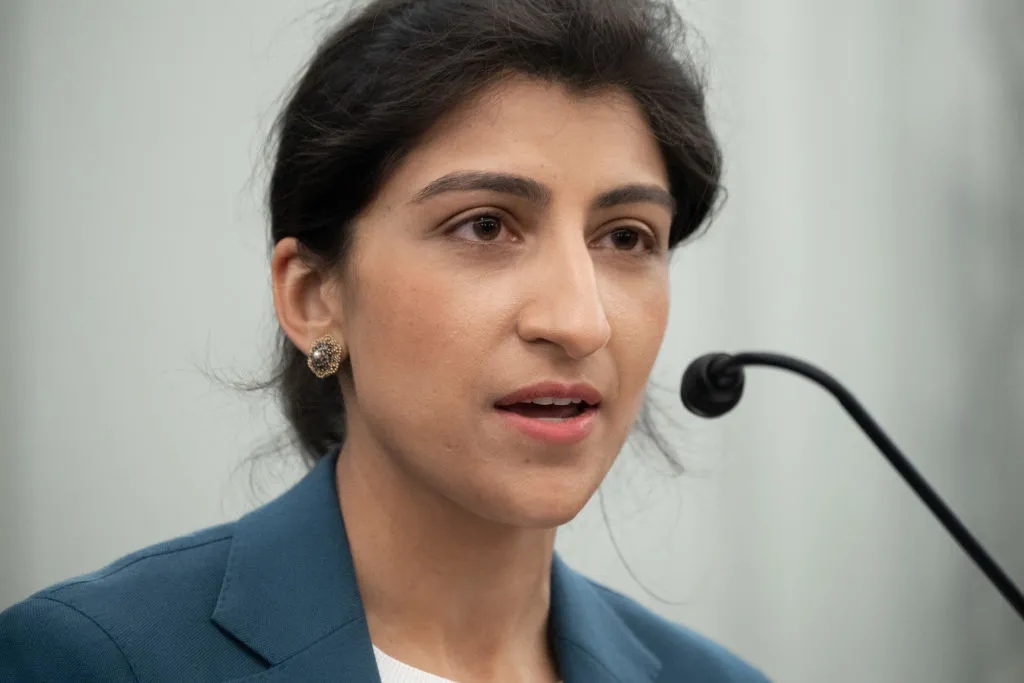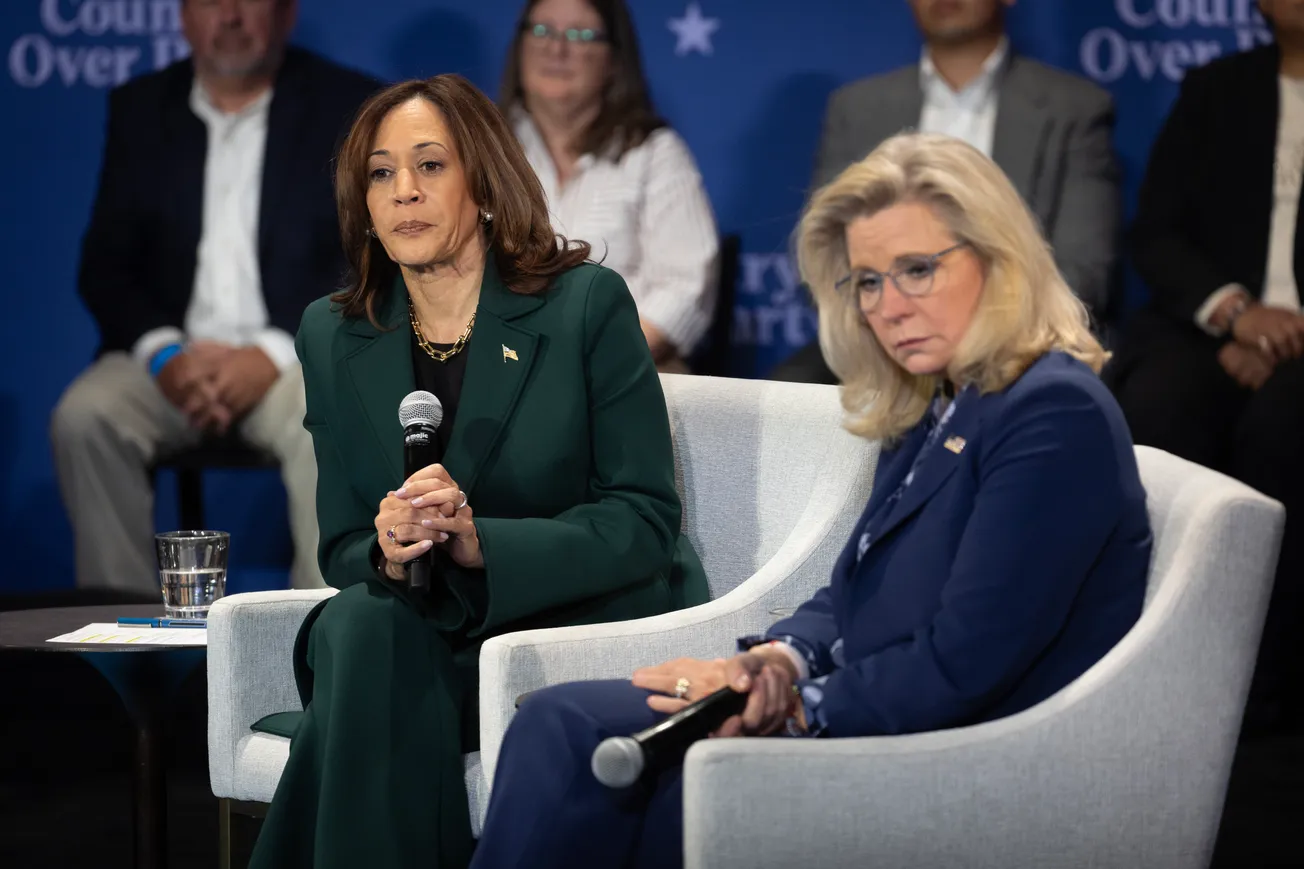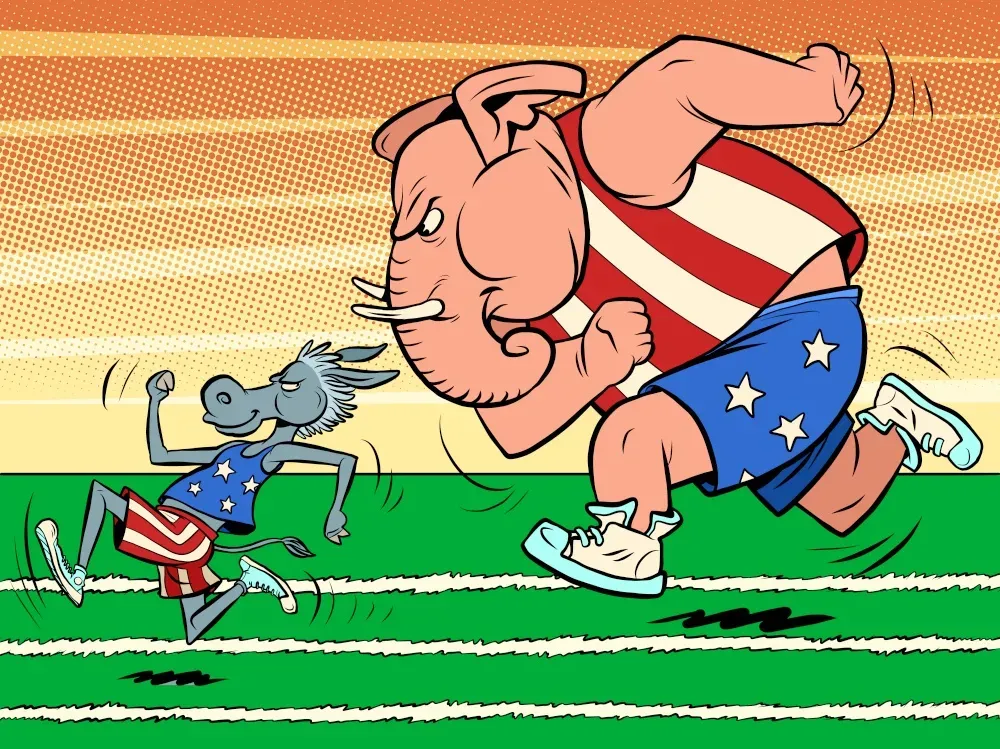As government departments go, the Federal Trade Commission (F.T.C.) is a relatively obscure agency that most Americans know little about. The F.T.C. annual budget is about $430 million, a minor blip in the massive Washington bureaucracy, and employs just 1,200 people, a pittance by Washington standards.
The F.T.C.'s mission is to protect consumers and promote competition. Americans came to know about the F.T.C. best when it introduced the "Do Not Call" lists in 2003 in response to the obnoxious number of telemarketing calls that interrupted dinner table conversations in American households.
But much of the F.T.C.'s work doesn't directly involve American citizens. The F.T.C. uses the full force of the law to crack down on the anticompetitive behavior of American businesses. It sues companies in federal court and often settles by forcing companies to pay penalties or adopt new policies to benefit consumers.
For instance, in 1984, the F.T.C. got the funeral home industry to agree to provide a complete price list outlining goods and services. For an agency that was established during the presidency of Woodrow Wilson more than 100 years ago, Americans expect more stellar results than regulating funeral homes.
The F.T.C.'s courtroom presence has increased since the incumbent Chairperson, Lina Khan, took office. Diversity hires in the Biden administration have ruined America - KJP, Mayor Pete, Mayorkas, Kamala - and Lina Khan follows this pattern. She belongs to a Pakistan Muslim family that hails from the U.K. Only 34 years of age, Khan made a name for herself in academic circles when she wrote a seminal paper on antitrust matters at Yale Law School, arguing against Amazon's anticompetitive practices.
The New York Times described it as "reframing decades of monopoly law," - and has continued its propaganda against Amazon in a series of pieces damaging the world's biggest company. The increased media exposure got her a full appointment to teach at Columbia Law School, where she continued her campaign against uncompetitive American businesses. President Biden appointed her to the F.T.C. Chair role, and the Senate confirmed her nomination.
Khan's stewardship at the F.T.C. is a storybook example of what happens when an idealogue who is more comfortable walking the hallways of elite American colleges assumes extraordinary power. The F.T.C. has failed in case after case as federal judges nearly mock or scold F.T.C. lawyers for their immaturity or the weak cases that the department brings.
In the most significant blow to Khan's aggressive tactics, a federal judge rejected the F.T.C.'s attempt to stop Microsoft's $70 billion acquisition of the video game maker Activision Blizzard from closing. In a stinging rebuke, Judge Jacqueline Scott Corley of the U.S. District Court for the Northern District of California wrote: "The F.T.C. has not identified a single document which contradicts Microsoft's publicly stated commitment to make Call of Duty available on PlayStation." The judge concluded that the agency failed to prove the deal would reduce competition and harm consumers.
Within hours of this decision, the U.K. antitrust office also signaled that it was willing to drop its opposition to the Microsoft-Activision Blizzard merger. Recall that in April, we argued that it was absurd for the U.K. to use brute force to block the deal that promised to bring more innovation to the cloud gaming industry, not less.
Under Khan, the F.T.C. failed to stop Facebook Meta's acquisition of Within, a virtual reality startup. A federal judge correctly rejected the F.T.C.'s complaint and highlighted that Khan does not understand how Silicon Valley incubates new technology. In a nascent field - virtual reality did not exist as a sector just a few years ago - large companies routinely acquire startups to provide them with resources to break ground on exciting innovation. Some of America's most visible technological successes have resulted when larger companies acquire startups, such as when Microsoft bought Powerpoint or Intuit acquired Turbotax.
Legal precedents matter, and with each successive defeat, rogue American companies are strengthened to pursue anticompetitive behavior using exhaustive case law that has cited the F.T.C.'s reckless and frivolous lawsuits, directly weakening the department’s core mission.
Undeterred, the F.T.C. again went after Microsoft this week, announcing that it was investigating whether the global behemoth was pursuing anticompetitive and anti-consumer objectives when Microsoft invested $10 billion in Open A.I. to inject life into Chat GPT. This move is extraordinarily naive - the technology is so new that the public learned about Chat GPT only in December 2022. Artificial Intelligence is expected to give America the global edge in an environment where China is rapidly gaining on America's lead. Does Khan want to be remembered as the person who handicapped America's technological superiority?
Khan can better serve Americans by returning to the storied walls of an Ivy League campus.
Like our insights? Show your support by becoming a paid subscriber!







